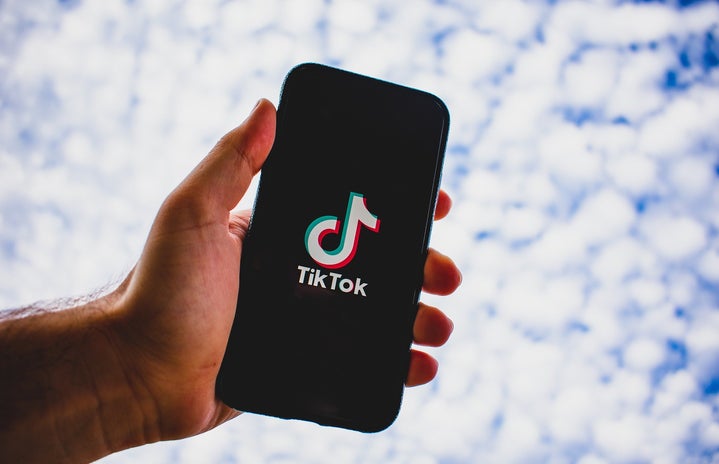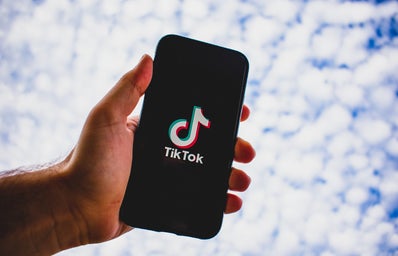TikTok proved itself as one of the most loved and hated apps of all time. It does a lot of positive things, like boosting the musical careers of artists like Doja Cat, Ashnikko, and Megan Thee Stallion, to name a few. TikTok was also responsible for the laughably terrible turnout for one of Trump’s rallies. TikTok and its large audience possess the potential to bring cool stuff to our generation, but it has the same potential to be toxic.
1. Designed to be addictive
TikTok’s design is unlike any other social media app which gets done intentionally. If you are unfamiliar with how the app works or you never used it before (which is honestly for the best), it gives users a never-ending stream of content. Consider your standard social media platforms like Instagram or Twitter, for example. You only see content from people you choose to follow, and your feed only shows posts from them until you are all caught up. Sure there are suggested posts on the search page on Instagram, but you pretty much only spend time on the timeline designed for you. TikTok does not operate like this. There are two separate timelines, a “Following” feed, and the “For You” page. The “For You” page is where everyone scrolls most of the time. And this page is never-ending. Once the algorithm figures out what videos to suggest to you, it instantly loads videos from all over, recommended just for you. Not only that but all of the videos autoplay, so it is easy to keep watching for hours. In addition to these tactics, the app takes up the entire screen on your phone, so you can no longer see the time or your battery life. This feature makes you not fully realize how much time you spend on the app, which makes the entire experience incredibly addicting.
2. Exposure to Triggering Content
Because all of TikTok’s content on the “For You” page is out of the user’s control, users can get exposed to anything. Also, the app has access to your microphone, so it can hear your surroundings/conversations and adjust the algorithm to display content that reflects what the microphone picks up. Other apps do this, but instead of adjusting the content, they filter the ads to better suit what they think what matches your interests. This feature can have the potential to be incredibly toxic. For example, there is a large community of people posting about their eating disorders on TikTok. Some post tastefully about it while many glorify it. A friend of mine is currently struggling with an eating disorder, and she opens up about it a lot to her friends. So, the microphone must have picked up on it because now her “For You” page on TikTok is flooded with triggering content involving eating disorders and body dysmorphia. Because of this, she no longer uses the app. This instance is just one example, but unpleasant content is everywhere on the app, and it can find its way to your “For You” page easily. Of course, there are post restrictions, and you can report specific posts and users, but the app does not always seem too strict when it comes to violating guidelines.
3. Hypersexualization of Minors
This issue surrounds all social media platforms to a certain extent. However, the hypersexualization of minors is at an all-time high on TikTok. Lots of teenagers want to participate in trends on TikTok and want to go viral. Like I explained before, to have people see your videos, they must be put on the “For You” page, and only public profiles can appear there. A lot of TikTok trends can be provocative (like the Beyonce trend or the WAP dance, for example), and when minors participate in these trends with the hopes of going viral, their content can show up on anyone’s “For You” page. This matter makes it easy for predators to have access to any inappropriate content posted by minors.
While TikTok can be incredibly entertaining and hilarious, it is important to consider how the app is affecting you, your productivity, and most importantly, your mental health. If you find yourself relating to any of the topics above, it could be a good idea to reflect and consider if this app is benefiting you at all. Who knows, though? Maybe Trump will remove our access to the app entirely, and the choice will get decided for us.



